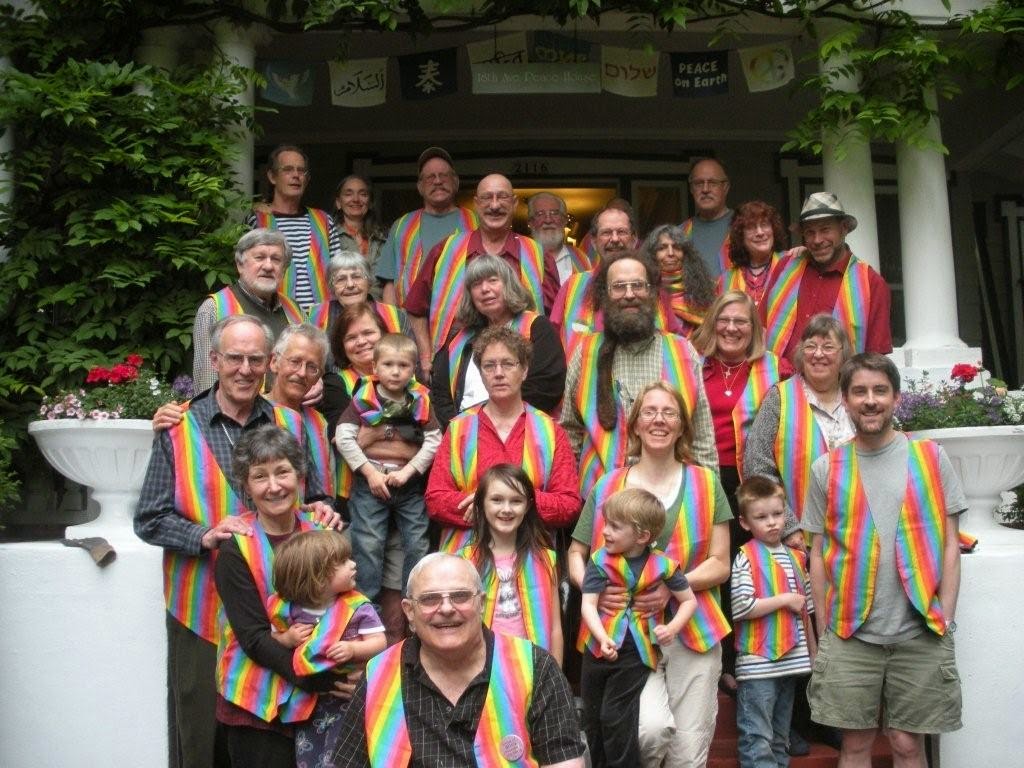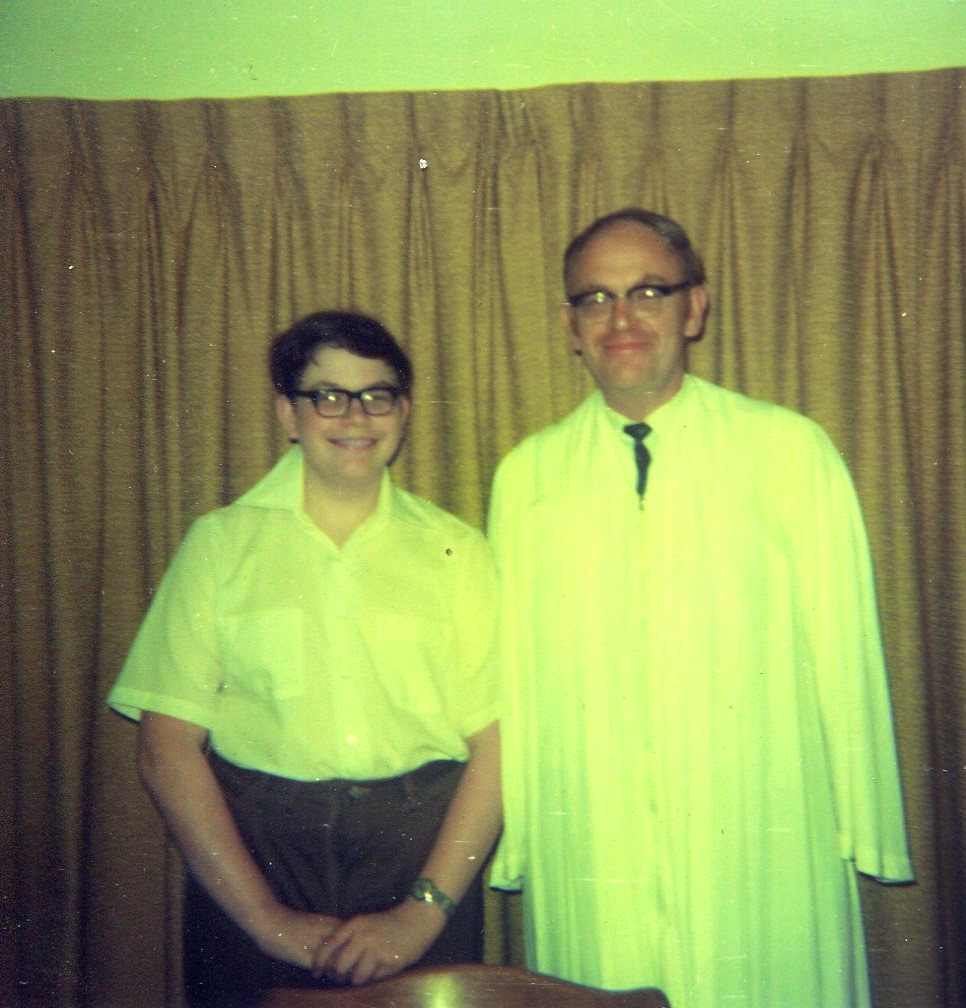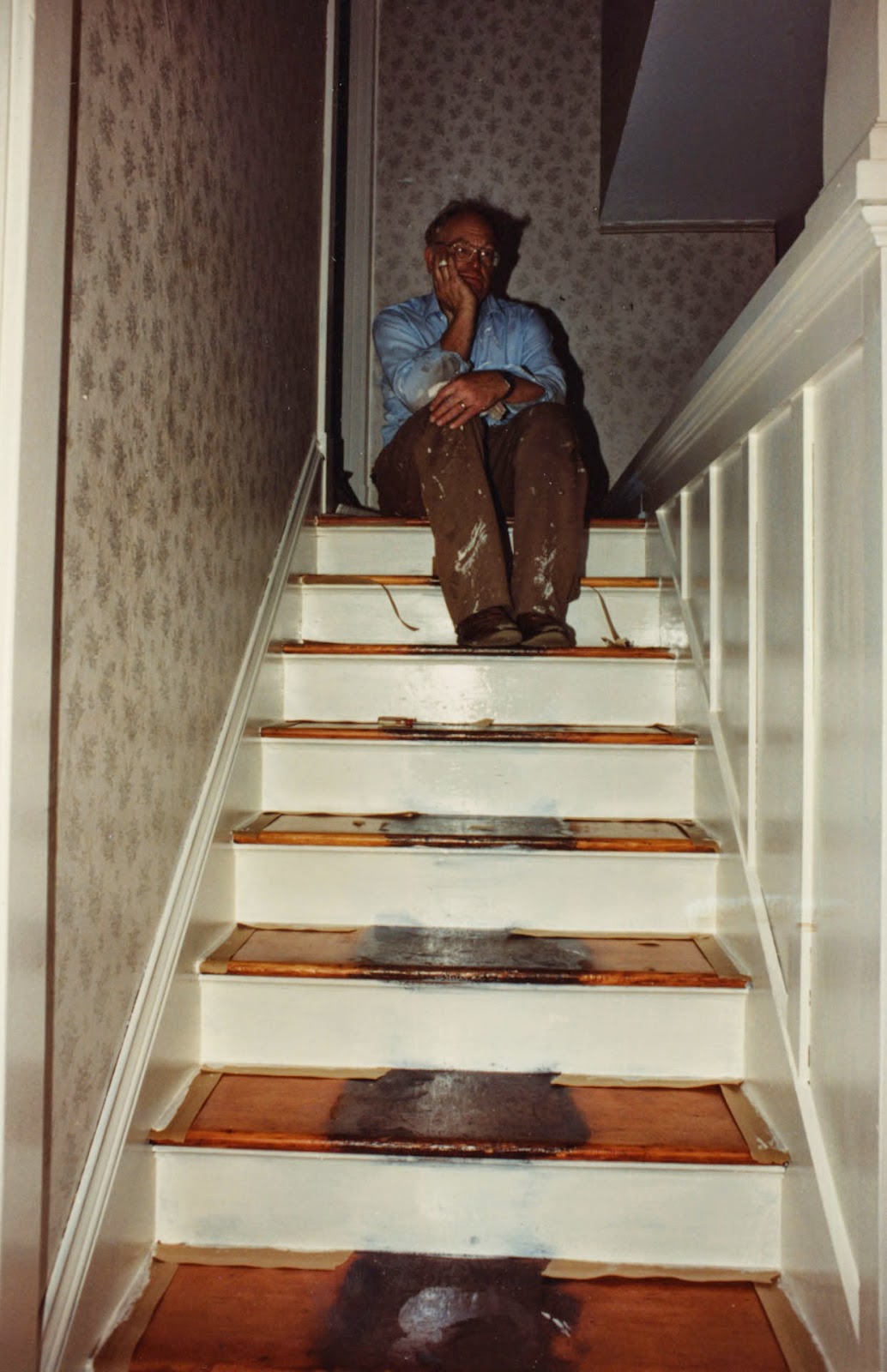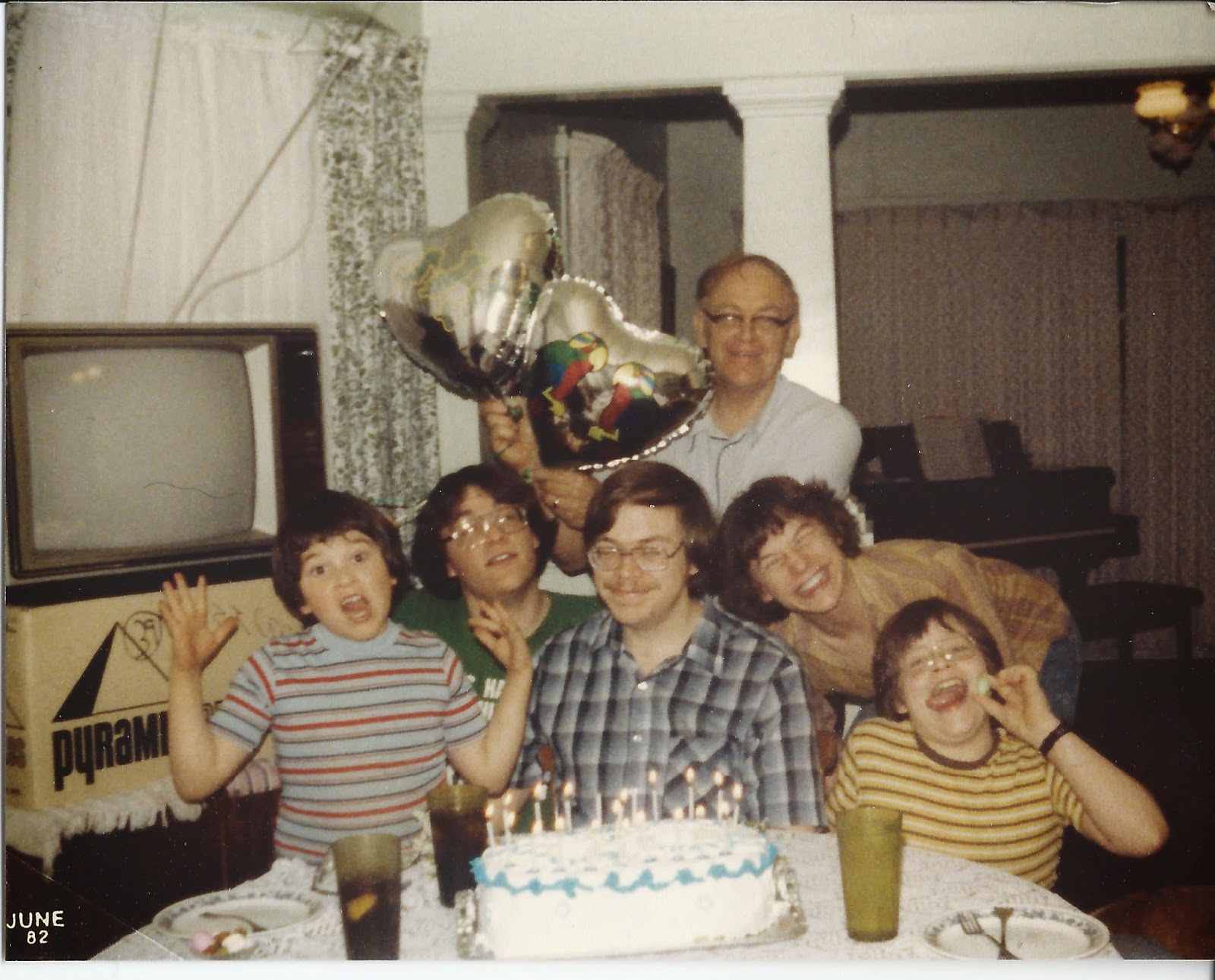Losing My Religion, Part VI: Spiritual But Not Religious

Metanoia Peace Community, 2011--a year before it disbanded, unable to continue without the leadership of its now-retired pastor, John Schwiebert. Big things happened to me in 2000. My second marriage was officially over December 30, 1999. My career as a United Methodist minister ended about two weeks later. The church I was serving as associate pastor and music minister had seen almost from day one that I was damaged goods, that I had suffered far too many defeats and humiliations, and that, at the very least, I needed a break from ministry. They had rolled the dice on me, creating a new position that matched my skill set, but I was only delivering on a portion of my job description. Seeing this, but wanting to honor their commitment to me, they worked out a deal with the conference office to place me on disability leave. The conference would pay the disability portion of my salary, while the church would continue to pay the remainder, as well as my housing, through June 30, with






